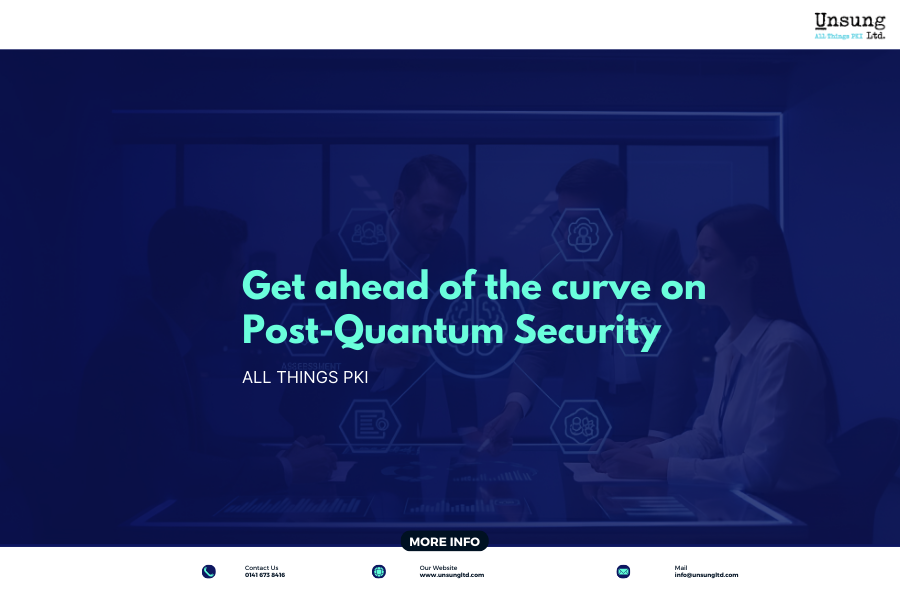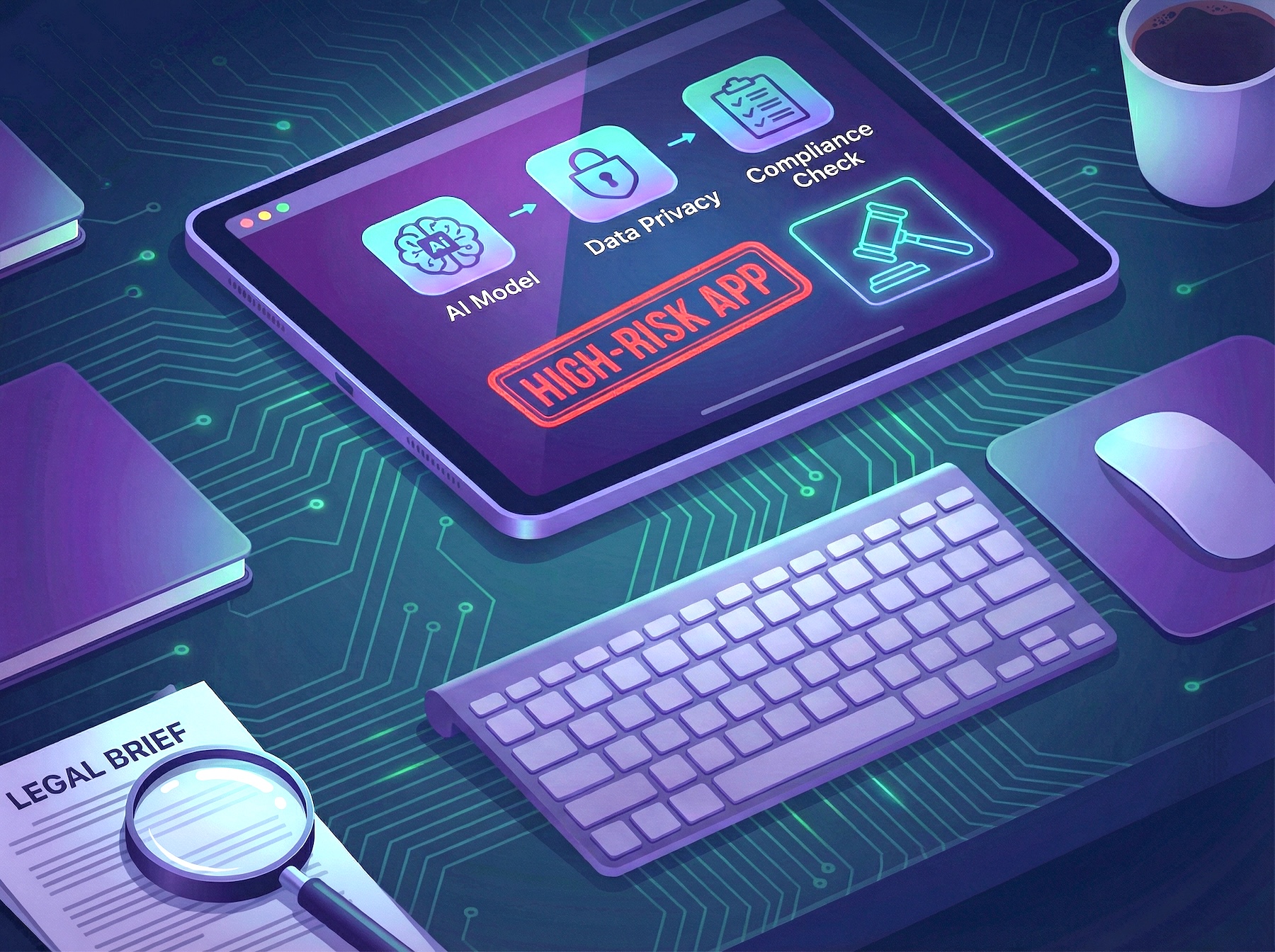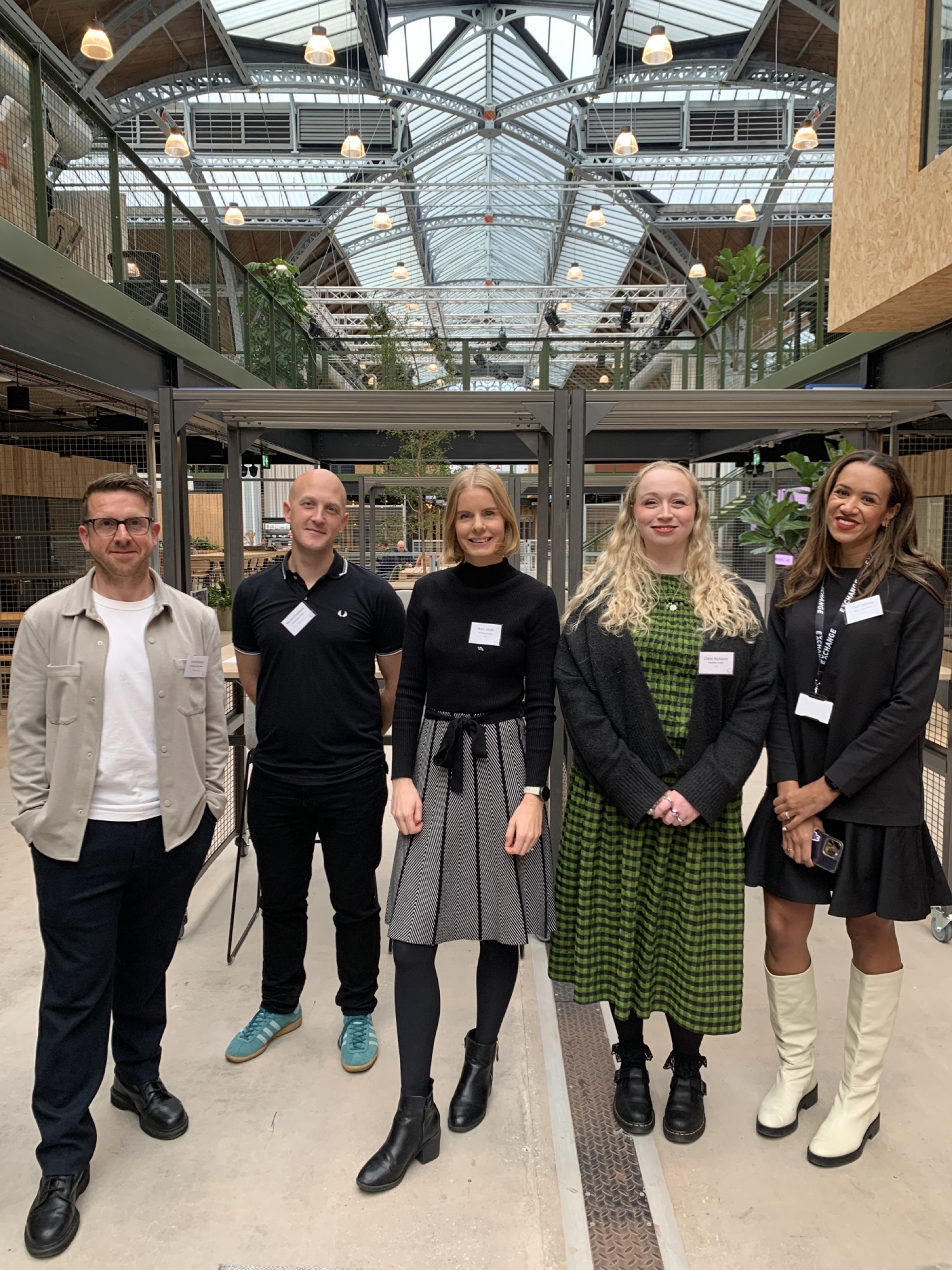Utilising the open data sets made available by Manchester City Council and public sector partners, participants were invited to hack, code, programme and experiment with the city's open data to build groundbreaking new applications and develop digital services for the future.
The grand prize of £4600 was won by Data Crossfader, created by James Rutherford and Ashley Herriott, a visualisation tool that plots information on a map of Manchester to allow people to compare important sets of data. For example, using postcode details it shows the locations of road traffic incidents on a map, and then adds where speed cameras are, so if there is a particular area where accidents happen which are not covered by a camera, it easily shows that on a map.
Dave Carter, one of the judges and head of Manchester Digital Development Agency (MDDA) said: “We chose Data Crossfader because it has incredible potential to simply illustrate data on a map which allows comparisons to be made to show where action needs to be taken. All the judges were very impressed with all the ideas presented to us and we hope that many of them will be developed further into real applications that people can use.”
The Data Crossfader will be developed further in collaboration with Manchester City Council and Open Data Manchester over the next few months.
The other winners were as follows:
Best Under 21's Creation - £600 – Bus Tracker by 19 year old MMU student Bilawal Hameed, the Bus Tracker app will let you find the nearest bus stop to you, direct you to it and give you the times and destinations of the next bus due.
Best Visualisation and Developers Prize (voted for by everyone taking part in the Hackathon) - £600 for each prize, was won John Rees for his app called Sat Lav. If you are caught short in the City, you just open the app and it will direct to nearest public toilet including those in shops and bars which allow the public to use.
Best Locative Application, the £600 prize was won by Matt Schofield for his Taxi Rank Finder app. Matt’s app shows the nearest taxi rank to you and directs you to it. It also shows if it is a marshalled rank and its opening times.
Best Solution for an Identified Problem (£600 prize) was won by Slawomir Wdowka and Imran Younis for their Manchester Voice which would allow the public to submit ideas to the council, then checks records to see if other people have made the same suggestion. When an idea is developed it would allow the public to vote on it.
Councillor Nigel Murphy, Manchester City Council's lead member for Digital Manchester and Executive Member for Environment, said: "This Hackathon event is just the first part of an ongoing challenge to ensure that Manchester is in the front rank of open data-friendly cities. Manchester City Council is committed to being an open and transparent council but this event is not just about us but also our public sector partners who are also embracing open data. Together with partner agencies, we've been showcasing more than 120 different datasets.
"It's vital that this is not just a one-off event but an ongoing engagement with the developer community to ensure that we build upon what's been achieved. More and bigger events are planned in 2013."
The Manchester Hackathon was an intense, productive and exciting collaboration between the brightest minds in software development and data processing.
The prizes were selected by a panel of experts, including Dave Carter (MDDA), Sanjeev Shewhorak (magneticNorth) and Andrew Mackenzie (Open Data Users Group).
The Manchester Hackathon was partially funded under the ICT Policy Support Programme (ICT PSP) as part of the Competitiveness and Innovation Framework Programme by the European Community.
Source: www.futureeverything.org | @FuturEverything | #futr
The next FutureEverything festival will be Thursday 21 - Sunday 24 March 2013.









